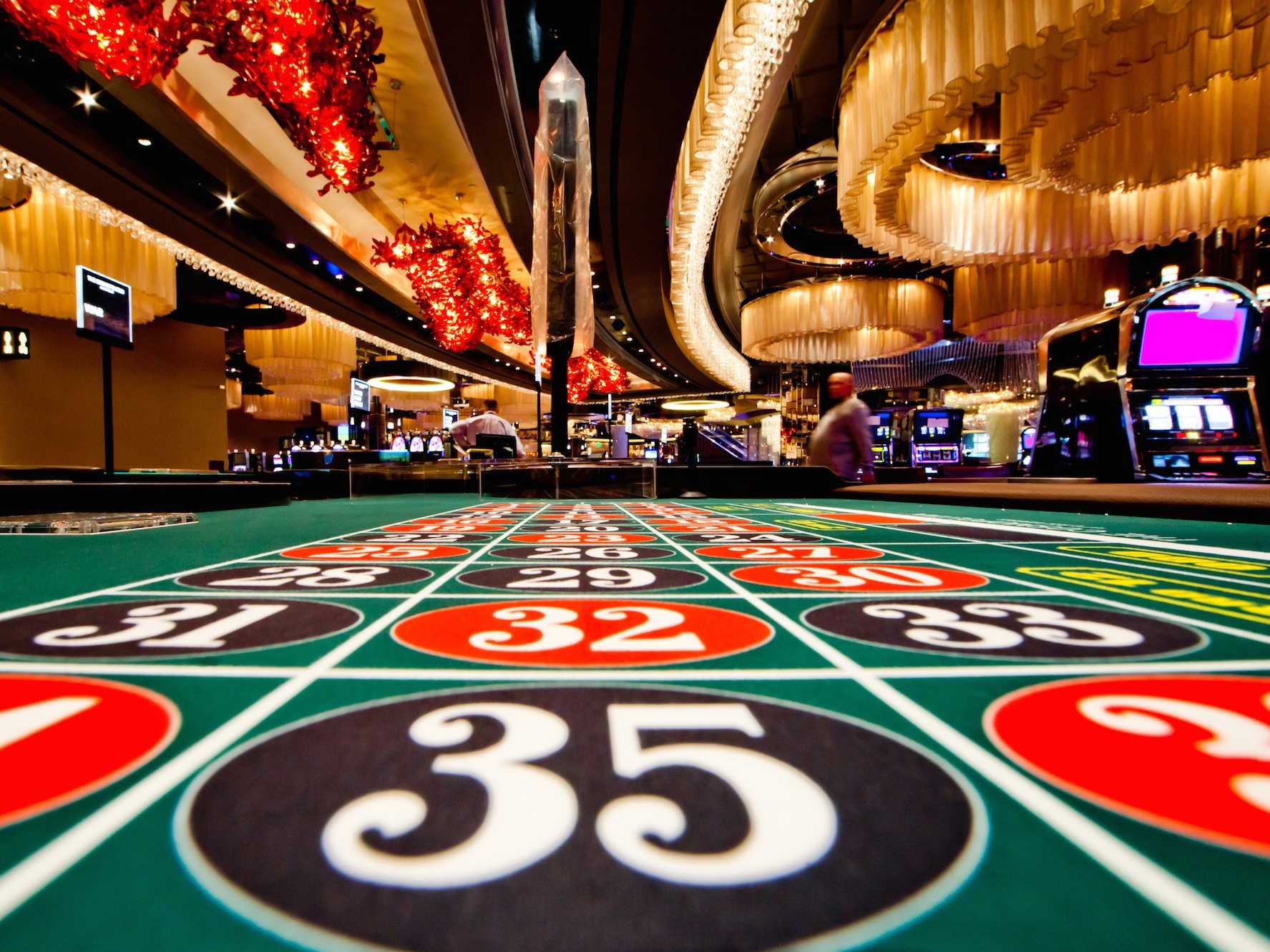
When we think of casino games, the first pictures that frequently come to mind are those of rotating roulette wheels, card tokens clinking on felt surfaces, and dice rolling across a gaming area. While many view these games as simple hobbies fueled by chance, a more profound exploration reveals a fascinating blend of strategy, expertise, and social engagement that elevates them far beyond basic luck. Whether you are a seasoned player or a inquisitive newcomer, grasping the nuances of these activities can significantly enhance your experience and understanding.
Gambling games have developed over hundreds of years, with various cultures contributing to their diverse backgrounds and variations. From the intricate strategies of blackjack to the deception tactics in card games, players engage in a contest of intellect as much as a risk on odds. This exciting interplay between chance and expertise creates a exciting atmosphere that draws countless people to casinos worldwide. As we delve into the realm of table activities, we will reveal the methods that can tilt the odds in your advantage and the social elements that make these activities a popular choice for entertainment and interaction.
The Approach of Casino Games
Casino gaming frequently involve a blend of ability and luck, making them intriguing for players who enjoy a challenge. Each title has their unique set of rules and tactics that can influence the results. For instance, in titles like 21, players are required to use strategies like card counting and understanding the probabilities to make informed decisions. This skill set can significantly improve the winning potential, differentiating seasoned participants from novices who may depend entirely on chance.
Conversely, titles such as the roulette may seem to be entirely based on chance, but tactical thinking can also play into the equation. Participants can choose between various betting strategies, such as the Martingale system, where they raise the wagers after losses. This method can create a more methodical approach to the activity. Understanding the probabilities of specific wagers can also assist participants make better decisions on the table, showcasing that even in games of chance, tactics can enhance the enjoyment.
Additionally, the game of poker is notable as a title that heavily focuses on tactics. Unlike most casino games, poker merges ability, psychology, and luck. Participants must also focus on the cards they are dealt but also consider their rivals’ actions and wagering patterns. Mastering principles like position, the odds of the pot, and reading bluffing is crucial for winning. This complexity of tactics in the game of poker often leads to a more engaging experience for players, where their decisions and skills greatly impact the match’s outcome.
Understanding Chance and Odds
In the realm of gambling matches, likelihood and odds play a critical role in determining a player’s possible results. Every activity has its own collection of guidelines that dictate how the probability of succeeding or losing is measured. For instance, in matches like 21, players have a chance to influence their odds through tactics, whereas in games like roulette, the results are purely dictated by chance. Comprehending how these chances are calculated can substantially impact how a player deals with the game.
Ratios are typically presented in two formats: fractional and decimal. Ratio odds represent the proportion of the sum gained to the sum staked, whereas numeric ratios show the total payout for a winning wager, which includes the initial bet. For instance, if a game has odds of 5 to 1, this means that for every one unit bet, a player could gain five units if successful. Understanding how to interpret these odds enables gamblers to evaluate their possible winnings and formulate more wise decisions during play.
Players should also be conscious of the house edge, which is the casino’s inherent advantage over the gamblers. nohu.cn.com Each game has a distinct house edge, and comprehending this concept is crucial for managing one’s hopes and bankroll. Games with a reduced advantage, such as 21 and baccarat, typically offer better ratios for players compared to activities like slot machines and lottery. By understanding the connection between probability, odds, and the house edge, players can improve their gambling experience and plan more efficiently.
The Social Aspect of Casino Table Games
Casino games at gaming establishments are often seen as a hub of social interaction, bringing players together in a shared experience that goes far beyond the mere act of playing games. The atmosphere at a poker table can be vibrant, with gamblers engaging not only with the game itself but also with one another. Joy, excitement, and, occasionally, playful teasing create connections that improve the overall enjoyment of the gaming experience. This communal aspect can turn a alone endeavor into a lively social event, making table games particularly enticing.
One of the intriguing elements of gaming at tables is the way it fosters friendship among participants. Whether it’s collaborating to beat the dealer at a dice table or exchanging tales between hands in a card game, the environment encourages interaction. Participants often share tips or strategies, creating a sense of togetherness that enhances the fun. This interpersonal atmosphere can make new gamblers feel included and less intimidated by the competitive nature of gaming. As the game progresses, friendships may form, leading to a sense of connection that keeps players returning to the table.
Moreover, the social aspect of table gaming extends outside just the participants. Casino staff play a vital role in encouraging interaction and maintaining the flow of the game. Their ability to engage gamblers with warm dialogue and their expertise in running the table can create an inviting atmosphere. This relationship between participants and dealers adds another layer of enjoyment, where gamblers feel connected not only to one another but also to the staff. Such interactions are often what make the experience memorable, as players leave with stories to tell and connections made, reinforcing the notion that gaming at tables are truly about something greater than luck.
